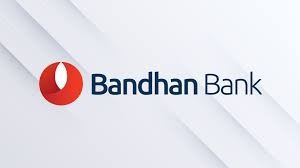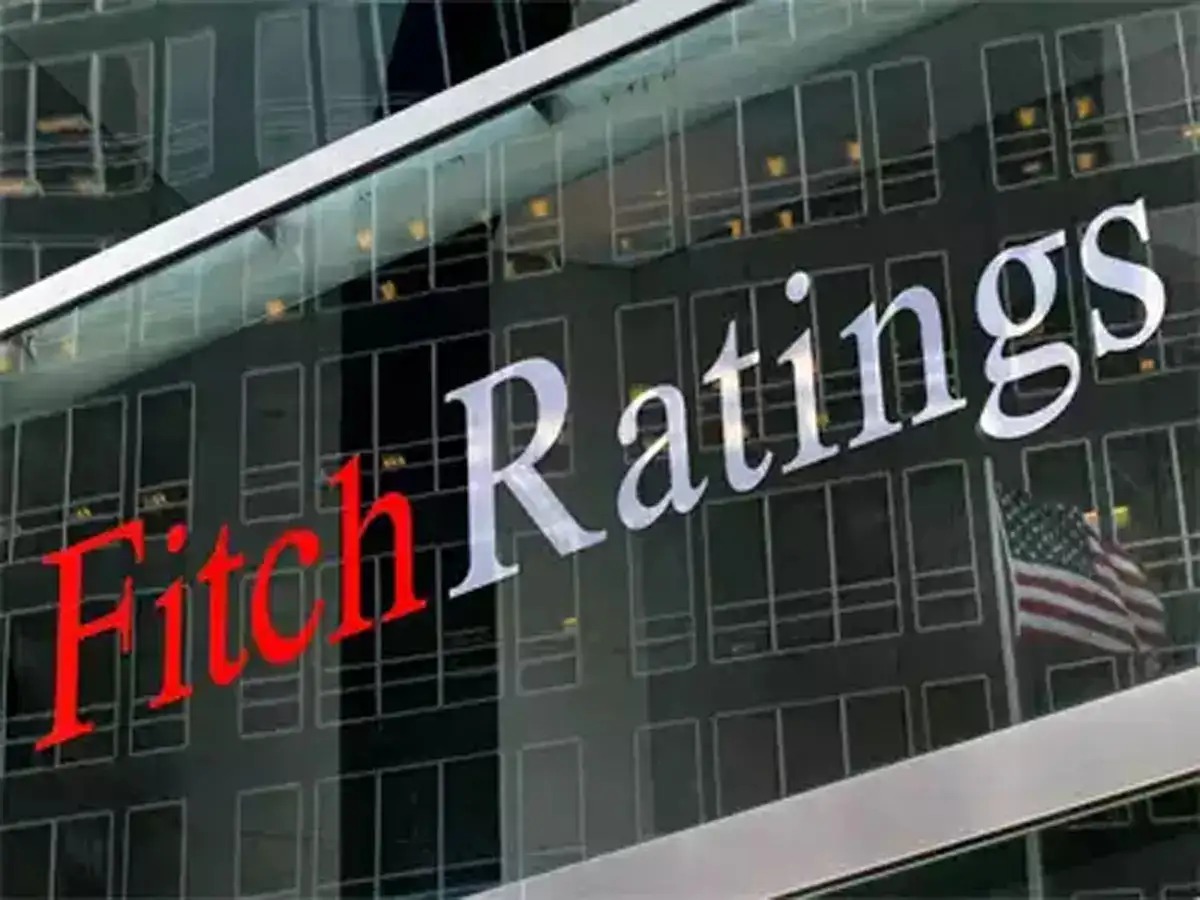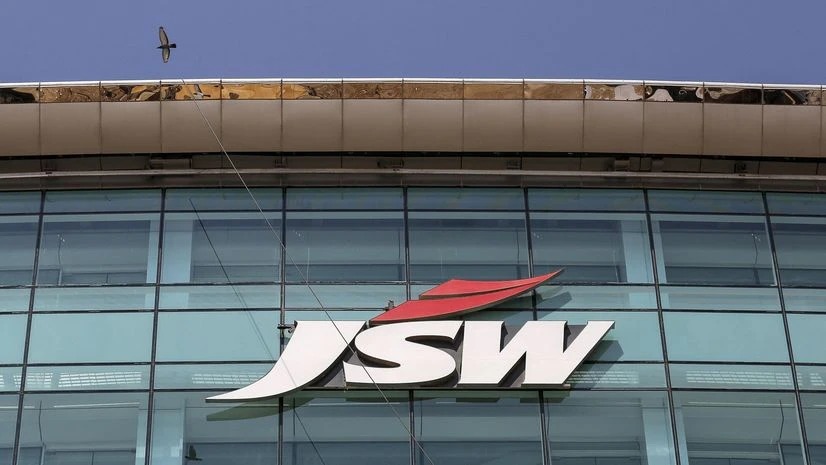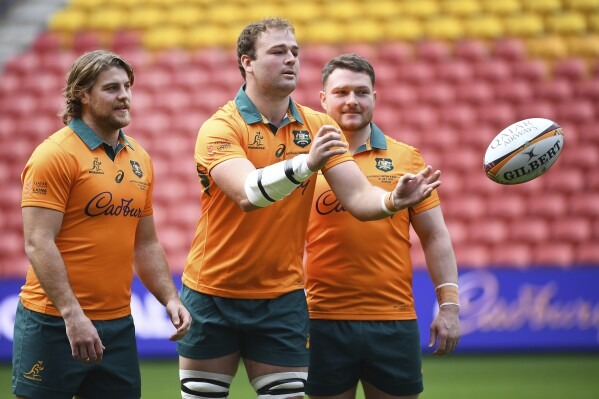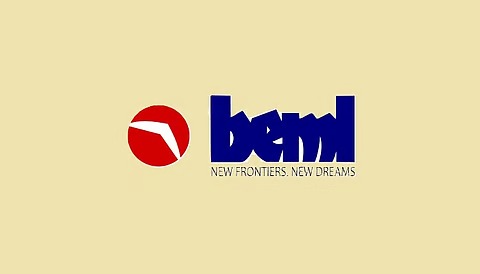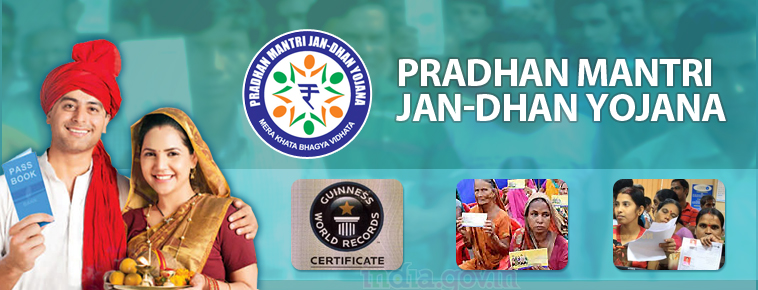 Image Source: National Portal of India
Image Source: National Portal of India
India’s financial inclusion journey has made remarkable strides over the past decade, with over 55 crore Jan Dhan accounts opened and digital transactions surging. Yet, a troubling paradox persists: while formal banking access has grown, informal borrowing remains dominant, especially among low-income households, self-employed entrepreneurs, and rural communities.
The Credit Divide: Key Findings
-
Informal loans are 2.6x more common than formal credit among low-income households
-
Formal borrowing fell by 4.2% annually (FY19–FY23) among poor families, while informal borrowing rose by 5.8%
-
Self-employed entrepreneurs relying on informal credit grew at 13% annually, compared to 8% growth in formal borrowing
-
Over 50% of registered MSMEs lack access to institutional credit, forcing them into high-cost, unregulated lending
Regional Disparities in Credit Access
-
Southern and Western states (Kerala, Tamil Nadu, Maharashtra, Gujarat) show higher formal credit penetration
-
Northern and Eastern states (Bihar, Jharkhand, West Bengal, UP) still rely heavily on informal lenders
-
Daily-wage workers and small business owners are disproportionately excluded from formal credit channels
Why Formal Credit Isn’t Replacing Informal Lending
-
Lack of stable income, collateral, and credit history keeps many borrowers outside the formal system
-
Banks and NBFCs remain risk-averse, especially post-COVID, pushing borrowers toward moneylenders and chit funds
-
NBFCs and microfinance institutions play a vital role but face regulatory and funding constraints
Policy Recommendations to Bridge the Gap
-
Liquidity backstop facility for top-tier NBFCs
-
Deposit-taking licenses for well-managed NBFCs
-
Lower SARFAESI enforcement threshold to ₹1 lakh for faster recovery
-
Dedicated refinancing window to ease NBFC funding costs
Sources: Moneycontrol, Zee Business, India Today, Economic Times
Advertisement
Advertisement



